Ashura Opera was composed by Behzad Abdi, the Iranian composer, in 2008 based on librettos compiled by Behrouz Gharib. The main source for the libretto is poems by Mohtasham Kashani, a sixteenth century Iranian poet.
Tag Archives: Nassir Heidarian
Latest posts
- Transition to Enlightenment: Six Lectures on Mozart’s String Quartets (5)
- Nasser Masoudi: The Voice of Gilan and a Legacy of Iranian Music
- Farhad Poupel: The Voice of the Shahnameh in the Orchestras Around the World
- Five Major Myths About Mozart’s Life
- Bahma Rajabi Passed Away!
- Reza Vohdani; Unveiling unpublished works, preservation of Iranian classical music
- Ahmad Pejman Passed Away!
- Timeless or Timely: The Role of Historical Context in Defining Artistic Value
- Leading the Charge in Censorship
- The Legacy of Khosrow Jafarzadeh
- Transition to Enlightenment: Six Lectures on Mozart’s String Quartets (4)
- Fereydoun Shahbazian, An Iranian Musical Icon Passed Away
From Past Days…
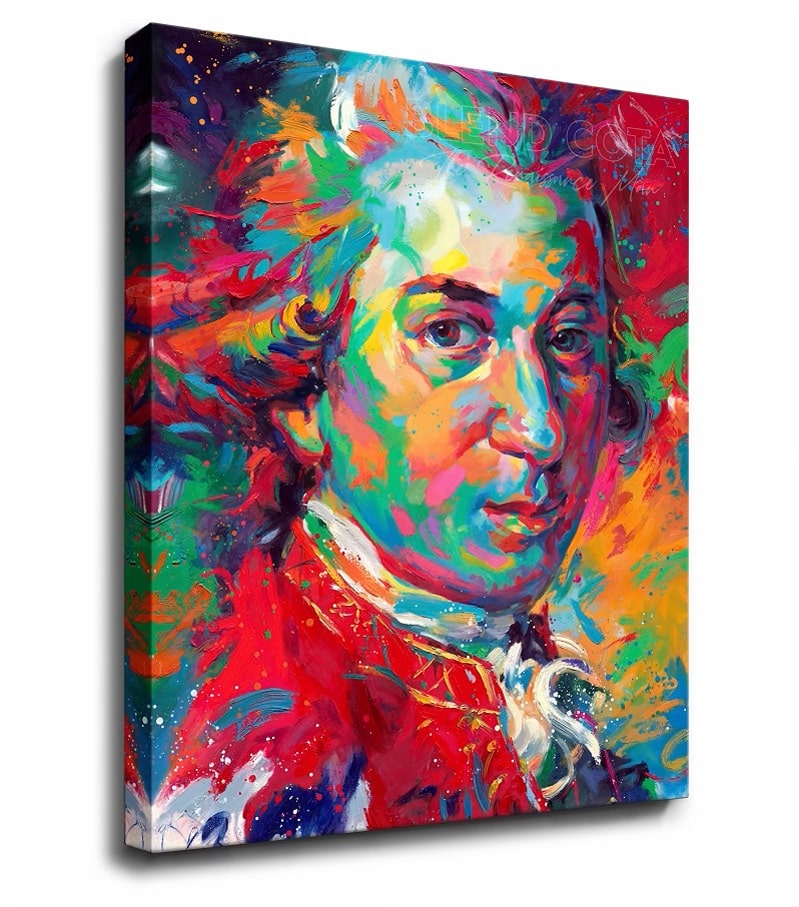
Five Major Myths About Mozart’s Life
Wolfgang Amadeus Mozart, the renowned Austrian composer, is undoubtedly one of the greatest geniuses in the history of classical music. However, his life is surrounded by numerous myths and legends, some of which are not based on facts. This article explores five of the most common misconceptions about Mozart’s life.

The Structure of Kurdistan Daf (IV)
Researcher: Mohammad Tarighat Translator: Fatemeh Alimohammadi Daf Structure The Structure of Daf in different cities of Iran has a great variety in terms of dimensions, components and even appearance; some of which are as follows: – Square Daf, on which the skin was stretched either on one or both sides, with strings installed inside it…
Read More
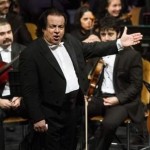
Ali Rahbari & Recording Iranian Symphonic Compositions
In the few days prior to the New Iranian year (March 2015), the news of the revival of Tehran Symphony Orchestra under Ali (Alexander) Rahbari’s conductorship was announced. Ali Rahbari, who served as assistant to Herbert von Karajan in Berlin Philharmonic Orchestra at a very young age, was also invited to conduct Tehran Symphony Orchestra in 2005; however, the election of Mahmoud Ahmadinejad’s government put an end to his collaboration with this Orchestra. Recently, it was announced that Rahbari is invited to conduct an orchestra in the U.S.
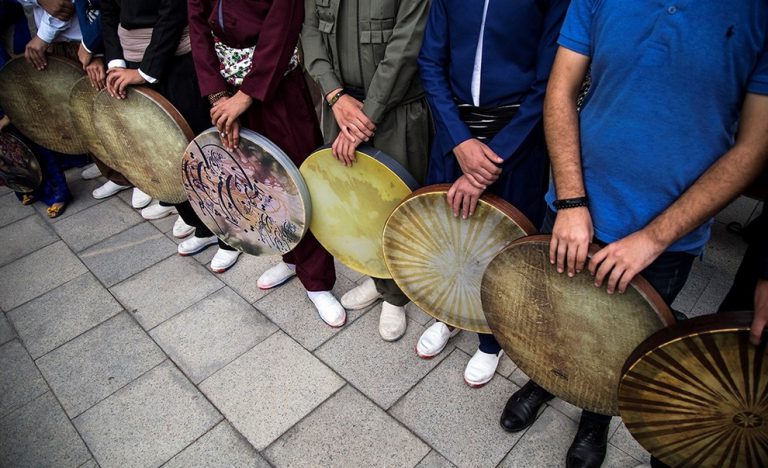
From Tradition to Trend: The Evolution of Decorative Arts in Iranian Dafs
Daf is one of the percussion instruments associated with the Kurdistan region of Iran, which has a special place in Iranian music. In the past, animal skin was used for the drum head, but now most of the tambourines in the market are made with artificial skin, which are designed with various decorations.

Polyphony in Iranian Music (IV)
Two choirs alternatively perform Veŝ Tavaré Na avaz (Transcription 5). The second group starts the avaz before the first group finishes it; consequently, two different voices coincide (Transcription 5, staves 2 and 5).

Interview with the Makers of the New Qeychak (II)
Regarding the classification of a new instrument in an instrument family, one can point to a number of fundamental issues, one of the most obvious of which is the instrument’s visual features. If we look at how the new instrument has changed compared to its historical versions, the set of visual elements that link the instrument to the Qeychak family becomes apparent. But other characteristics such as the geometric dimensions of the instrument, characteristics of the instrument’s various parts and how they relate to each other, its systematic performance, its sound range (compared to modern versions), the material and color of the sound, the way it is played and the like, can be considered in order to classify the instrument in the Qeychak family.
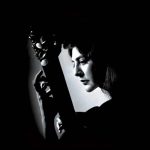
Lilly Afshar, Iranian Guitar Legend, passed away
The text you are reading is about Hamed Fathi, a guitarist and one of Lilly Afshar’s students, which was previously published on the Persian website HarmonyTalk.com:

Simorgh Criticised
Simorgh (Simorq) Orchestra was founded by the renowned Iranian composer, Hamid Motebassem, in 2011. Simorgh Orchestra is the largest orchestra featuring Iranian national instruments. Although the orchestra established by Master Hossein Dehlavi, the great Iranian composer, in 1993 was larger than Simorgh Orchestra, it only featured the Iranian plucked string instruments unlike the latter one. The first album which was recorded by the Orchestra, conducted under Motebassem’s baton, was his Simorq based on Zal story from Shahnameh by Ferdowsi, the great Iranian poet.
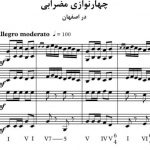
Inefficiency of some chords and harmonization systems in Iranian music
Discussions and research have been conducted on the harmonization of “dastgah” and melodies in Iranian music, and several books have been published on this topic, including “Armenian Music of Iran” by Ali Naghi Vaziri, “Harmony of Iranian Music” by Farhad Fakhreddini, and “Harmony of Iranian Music” by Ali Ghamssari. A master’s thesis titled “Presenting a Solution for Harmonizing Based on the Structure of Tritone Intervals” was written by Atefeh EinAli in 2014. Additionally, the invention and use of “Even Harmony” by Morteza Hannaneh should be mentioned.

Polyphony in Iranian Music (VI)
Torqeh or jal is the same bird (Bimaculated lark) and is the name of a muqam which is well-known in Torbate Jam and those areas. Jal muqam is called Torqeh in Esfarayen and Bojnourd. This muqam which was used to be played by Bakhshis/Bagşies (dutar-players) in the past is seldom performed today.